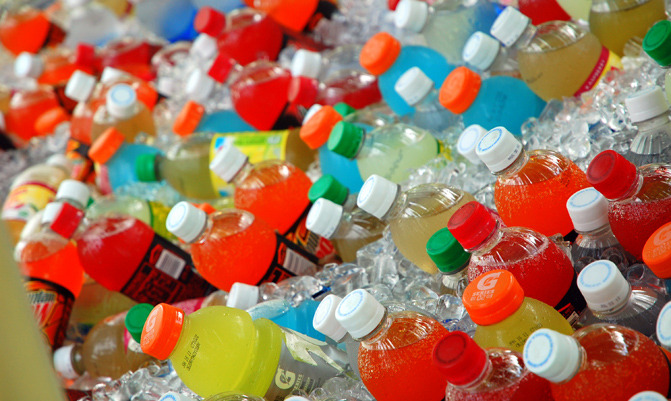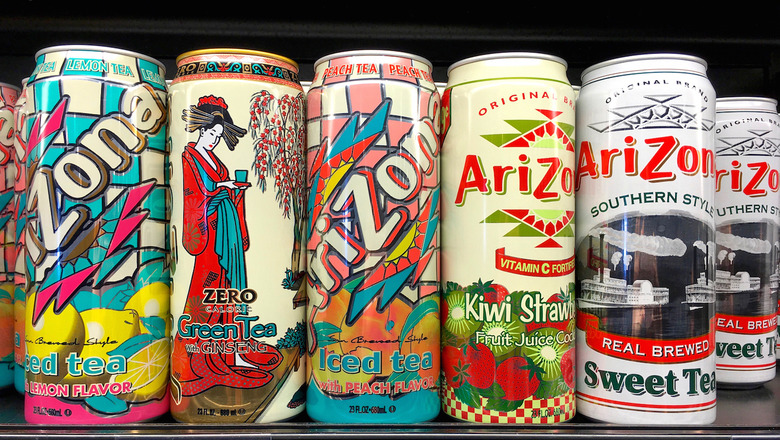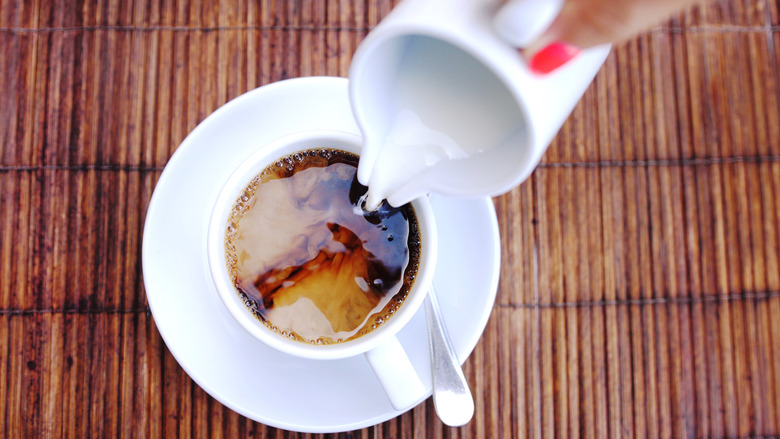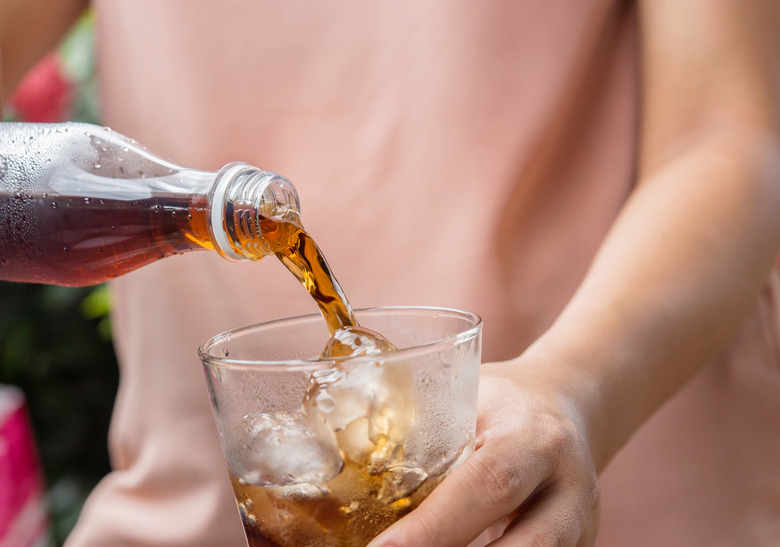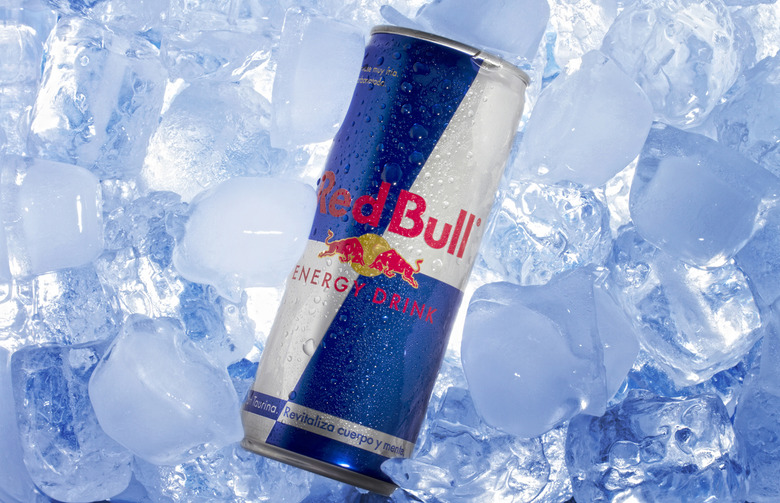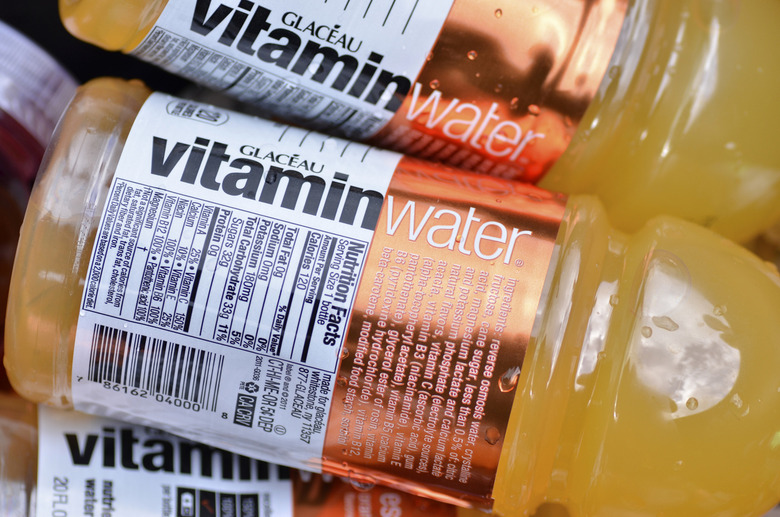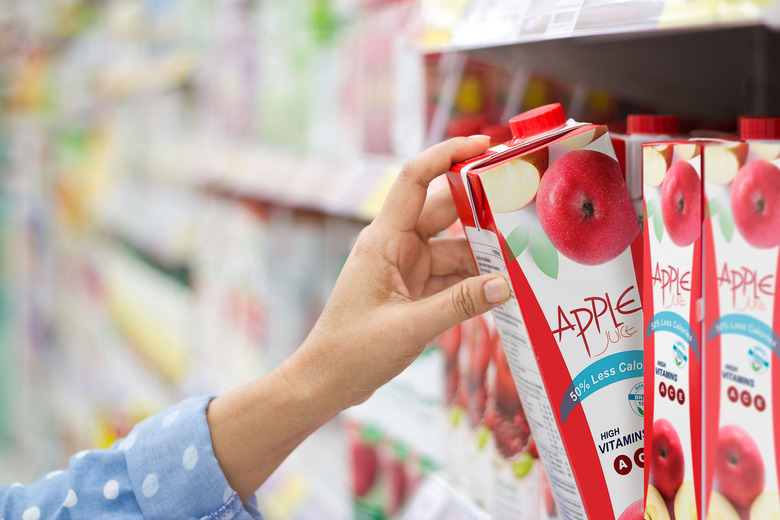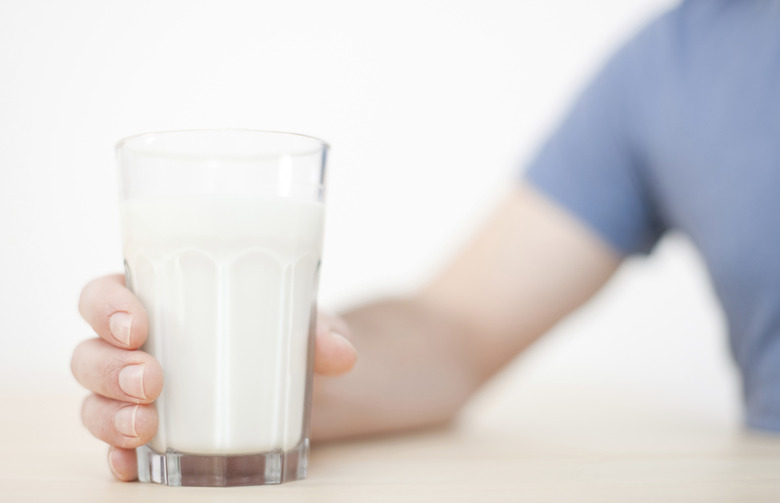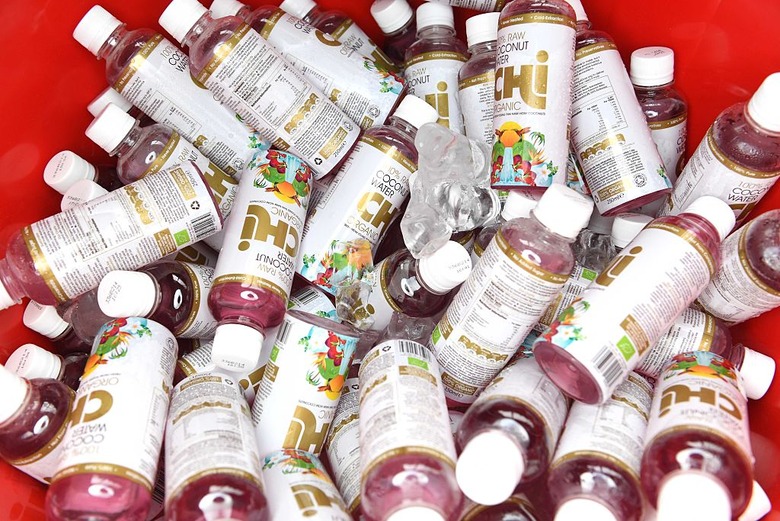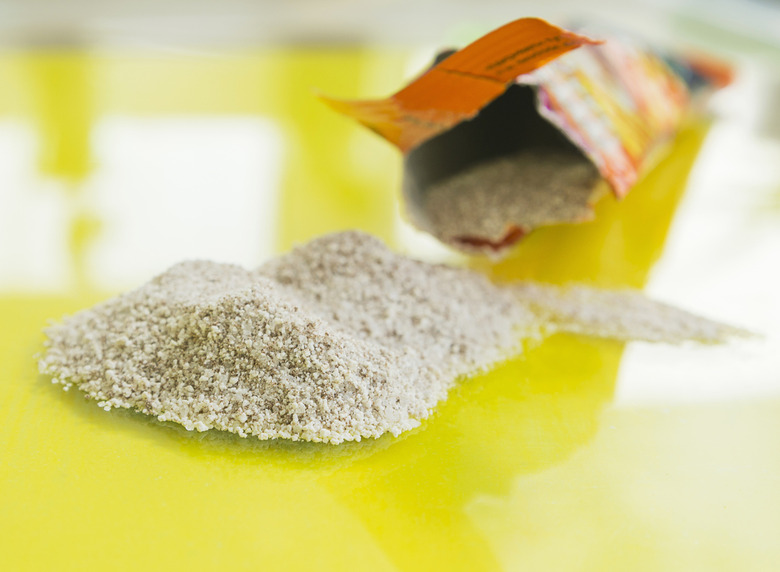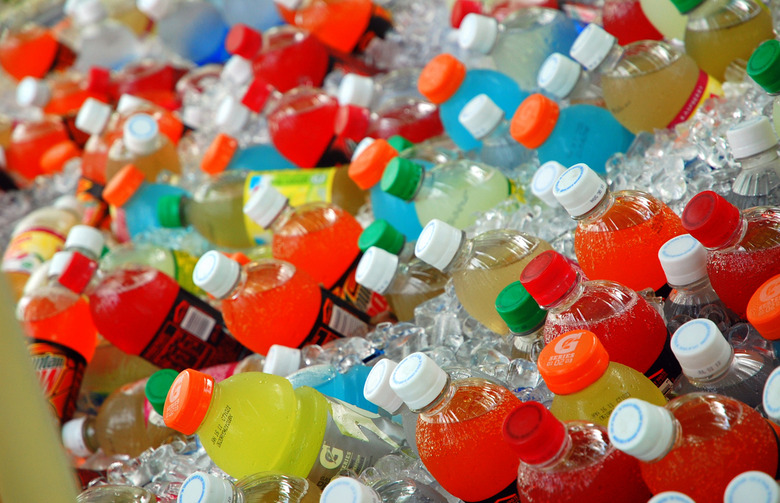10 Drinks You Should Never Have After Dinner, And Why Slideshow
Sometimes, putting your feet up and sipping on a nice, cold beverage after an evening meal sounds utterly appetizing. But have you ever thought of how drinking a sugary drink will affect you before bed? Unfortunately, there are a lot of liquids that will damage your body and widen your waistline literally overnight.
Take a look at our roundup of drinks that we believe you should never drink after dinner.
Bottled or Canned Tea
There's plenty of hype over the health benefits of tea, and drinking "sleepy tea" before you go to bed has been said to help you unwind. So you would assume you're getting the same benefits from bottled tea, right? Not so much — those Arizona Teas are doing the exact opposite. A presentation at the 2010 American Chemical Society meeting showed that even though bottled teas have fewer chemicals than home-brewed tea, because of mass production, they're stripped of all of that natural goodness that makes tea healthy in the first place.
Plus, eight ounces of AriZona Iced Tea has a whopping 24 grams of sugar. Your body will have a hard time burning all of that off while you're sleeping.
Coffee with Creamer
Coffee can be relaxing on a cold day, and it goes perfectly with dessert. If your body can handle the amount of caffeine in your cup without experiencing sleeplessness, then sip away. The main thing to avoid when having a late-night cup of coffee is the creamer.
For example, Coffee-Mate powdered creamer, or "whitener," contains partially hydrogenated vegetable oils and corn syrup. These ingredients recreate the texture of cream, but they're harmful to your health. Corn syrup is a source of sugar that's hard for your body to metabolize, and partially hydrogenated vegetable oil contains trans fats. If you're not careful, your body may latch onto these unhealthy ingredients during the night.
Diet Soda
Anything with "diet" in the name may be interpreted as healthy, but don't let the labels fool you. If you're trying to lose weight, would you ever down an entire bag of candy before you go to bed? Dr. Chris Tolcher, pediatrician and spokesperson for the American Academy of Pediatrics, refers to soft drinks and diet soda as "liquid candy." If a doctor won't touch it, you may want to reconsider. The artificial sugar in Diet Coke can do a lot of damage to your waistline — especially if you're drinking it right before you take a snooze.
Energy Drinks
If you are looking to stay awake after dinner, stay away from energy drinks. An eight-ounce Rockstar Energy Drink will set you back 140 calories and contains a hefty 31 grams of sugar. You'll need all the energy you get from the caffeine just to work off that sugar. Need to stay awake for a long night of cramming? Stick to a more natural beverage, like tea.
Flavored Water
Drinking water any time of the day has been proven to help your health in many ways. However, flavored water is a different story. Take vitamin water, for example. The average 20-ounce bottle of Vitamin Water contains about 30 grams of sugar and 120 calories. If you're drinking water before you go to bed, stick to the original.
Fruit Juices
Considering chugging a glass of packaged OJ right after dinner? Unfortunately, most store-bought fruit juices contain unnecessary amount of fructose. Though fruit juice contains naturally occurring fructose, it's the added sucrose from juice concentrates that can pack on the pounds. For example, Natural News reports that a typical glass of commercial apple juice has as much fructose as you would find in six apples. However, it doesn't have the enzymes the liver needs to process all that fructose. After just a couple of sips, your stomach will be hanging onto nothing but sugar and fructose, which isn't ideal when you're not planning on being active anytime soon.
Milk
A common myth about milk is that humans need it to have strong, healthy bones. Although a lot of people believe that a glass of milk offers calcium, vitamins, and protein, it actually contains acidic animal protein that takes calcium out of the bones. Therefore, drinking milk does the exact opposite of what people believe. Plus, milk contains antibiotics, unnecessary fat, cholesterol, and calories. Who would want to add all of that to their daily intake right after a meal?
Packaged Coconut Water
You've probably heard only good things about coconut water, and if you're drinking the natural kind, it's all true. Coconut water is known to hydrate you, but packaged coconut water is loaded with sugar. An unnecessary amount of sugar causes dehydration —the last thing you want to experience right before you lay to rest. Packaged coconut water can also lack fiber, which is another way it cancels out the health benefits of natural coconut water.
Powdered Mixtures
Do you love to add powders like Crystal Light to your bedside glass of H2O? The ingredients may make you think otherwise. These packets are filled with artificial flavors and sweeteners such as aspartame. The side effects of drinking these ingredients include anxiety, headaches, nausea, and abdominal pain. If you ask us, that doesn't sound like good night's sleep.
Sports Drinks
Sports drinks give the body electrolytes, and that's about it. Unless you're training for a marathon or heading to the gym right after dinner, you're really just filling up on carbs, calories, and sugar. Most sports drinks contain a lot of ingredients we never want to put into the body, and downing one of these after dinner when you're not being active just multiplies the negative effects.
